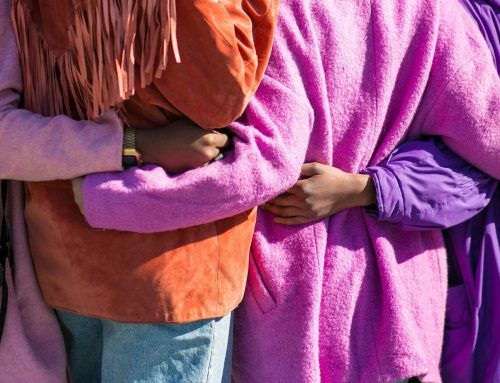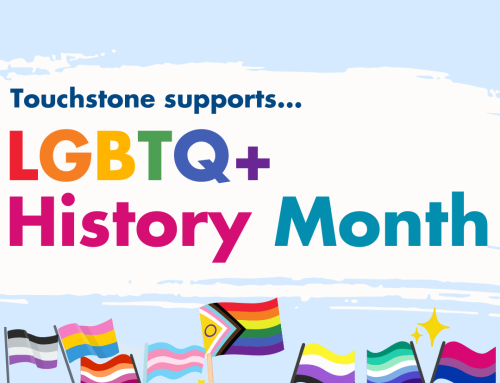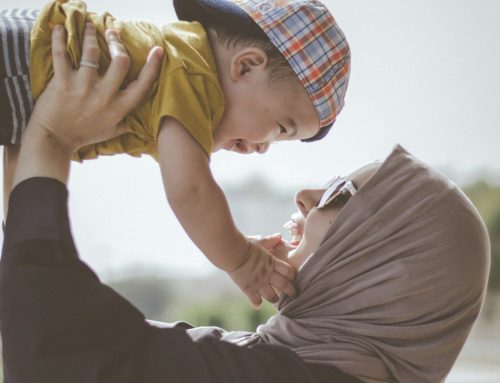Touchstone Community Development Service (CDS) aims to improve the quality and equity of mental health access, experience and outcomes for Black and Minority Ethnic (BME) communities in Leeds. To achieve this, the CDS team actively engages and works co-productively with various statutory, third sector and community and faith-based partners. In 2015–16, for each quarter, we engaged with over 70 groups, services, and strategic and local multiagency networks.
CDS is funded by Leeds City Council Public Health to deliver on three key priorities:
- Challenging stigma and discrimination
Challenging deep-seated social and cultural stigma remained the main focus of our mental health awareness sessions. We delivered 5–15 mental health awareness sessions per quarter during 2015–16. Our awareness sessions are interactive and help participants identify personal, social and health assets, which are key to prevent, cope with and maintain positive mental health as well as building resilience. - Strengthening community engagement and enhancing community capacity
We engaged with on average over 20 community and faith groups each quarter. Islam and Mental Health (IMH) was one of our flagship community engagement projects which focused on challenging stigma and discrimination within Muslim communities in Leeds. We recruited and trained 12 volunteer mental health facilitators from diverse Muslim backgrounds who engaged and promoted positive mental health within their communities.
CDS continued working in partnership with Leeds City Council delivering the Migrant Access Project (MAP), a very successful project which actively builds community capacity and reduces pressure on public services. We also launched a new project, Roma Engagement and Access Project (REAP), based on the MAP model and delivered in partnership with LCC Children’s Services. REAP is funded by Leeds Community Foundation. - Informing and influencing on needs
The CDS team actively gathers and analyses community intelligence on BME mental health and wellbeing needs to inform and influence strategic and service development. We analysed and produced a data report on refugee and asylum seekers’ use of three key mental health services in Leeds which resulted in one service getting extended funding, while a second got funding to develop a new service. We also commissioned Leeds Beckett University Health Together team to undertake research on the mental health needs of black women and Roma men born outside of the UK.
CDS delivered on the following thematic priority areas focusing on BME mental health:
- Mental Health Crisis Triage
- Crisis Prevention: Crisis Resolution Home Treatment
- Crisis Prevention: Avoidable HARM
- Parity of Esteem: No Health without Mental Health
- Mental Health Peer Support
- Self-harm and Suicide Prevention





